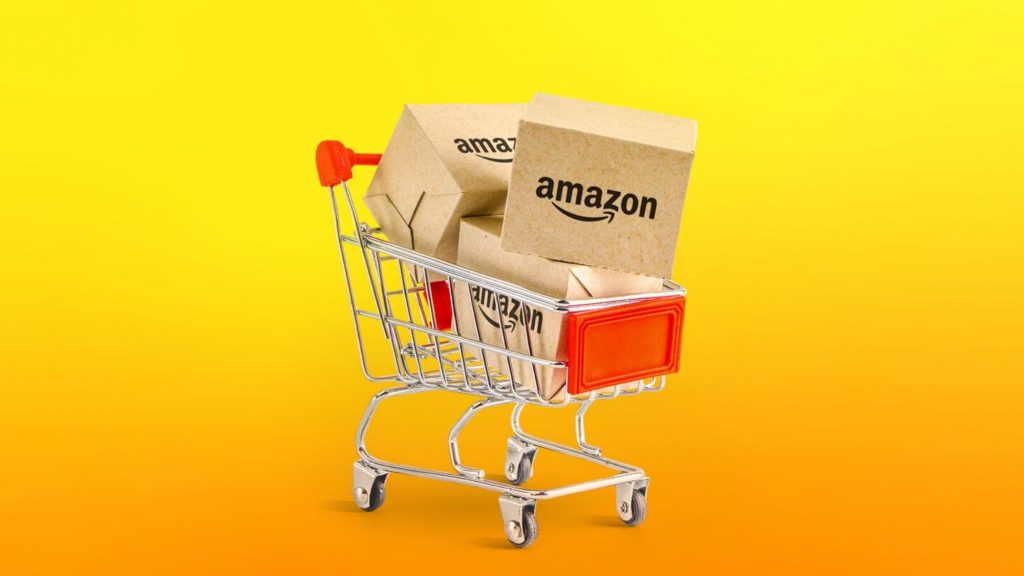Artificial Intelligence is no longer a distant promise or a Silicon Valley experiment. It’s embedded in the now. South Africans are already using generative…
Amazon to hit SA: Here’s how local businesses can compete

“The best way for small businesses to differentiate themselves from the convenient-but-impersonal experience of Amazon is to offer a personalised service – and build personal connections.”
This is the view of 1-grid head of local web hosting Thomas Vollrath after Business Insider leaked documents showing that the United States retail giant Amazon will launch in South Africa in 2023.
According to the report, Amazon plans to launch its online marketplace in five new countries by early next year, even as it dials back parts of its retail business in the US. In Africa, this could mean greater competition for the likes of Jumia, the continent’s biggest e-commerce platform.
Vollrath believes for local small businesses, this will impact margins and market share when it comes to making online sales – particularly for those who are new to the e-commerce game.
To compete with Amazon, entrepreneurs need to focus on what they can offer that global companies can’t, adds Vollrath, an internet entrepreneur. “Use your website, social media, and delivery notes to tell the story of your business. This is the best way to really connect with consumers and make them feel good about buying from you.”
One of the main drawcards for shopping via Amazon for South Africans will be generally low prices and massive discounts, made possible by the sheer size of the company and its inventory. To counter this, local businesses, who aren’t able to compete when it comes to pricing, can leverage the country’s strong preference for homegrown products that are proudly South African.
“This strategy should extend to all of your choices – from the payment platform you use for checkouts, to the domain extension on your website. A .co.za domain, for example, tells customers that you are based in South Africa and that you in turn support local yourself. While these may seem like small elements, they have a cumulative effect when it comes to your brand story,” says Vollrath.

Local sellers to integrate with Amazon
Another tactic for local sellers is to integrate Amazon into their e-commerce strategy. Amazon will be rolling out their Sellers Marketplace as part of the local launch, which gives South African businesses an opportunity to get their products onto the biggest sales search engine in the world.
“The saying goes that if you can’t beat them, join them. Depending on fees and registration processes, this might be a good approach for certain businesses. The key to success here is to highlight the quality and unique nature of your product, compared to others on the Amazon platform. It’s also important to maintain a web presence so that potential customers can learn more about your product, read up on FAQs, and even contact you directly,” says Vollrath.
Given that the announcement was leaked prematurely, there are still a lot of questions about how the Amazon rollout will affect the South African ecommerce landscape. However, one thing is certain – business owners need to start planning for the retail giant’s impact on the local market if they want to succeed in standing out.
With a focus on small-to-medium-sized businesses in South Africa, 1-grid.com offers an all-in-one digital solution, including a drag-and-drop DIY website builder, SSL certificates, web security packages, web and email hosting, and business and domain name registration. The company currently services 35 000 customers across the country, including loot.co.za and Kauai.
ALSO READ: realme and Jumia to boost smartphone adoption in Africa

